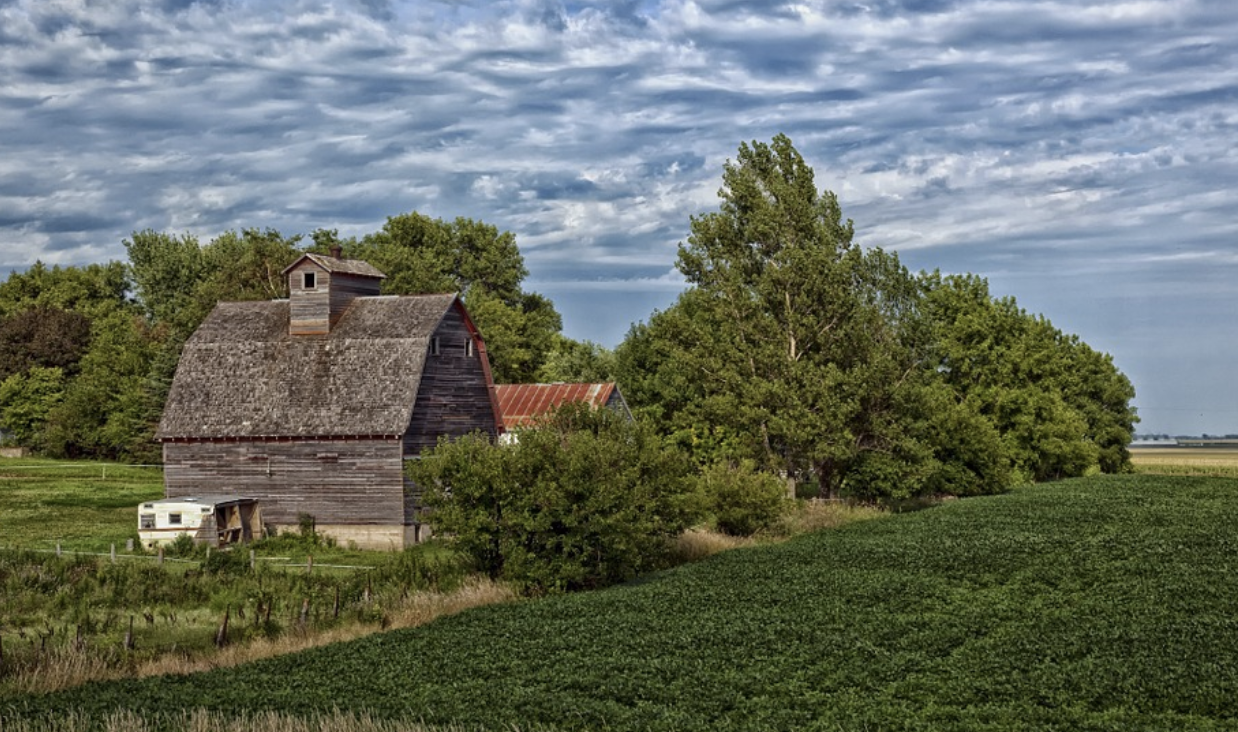New state office seeks to bring high-speed internet to rural Missouri

By Kae Petrin
Missouri will soon open a state office devoted to helping rural communities get access to high-speed internet.
The Department of Agriculture and Department of Economic Development launched a joint broadband expansion initiative last week as part of a 16-point plan to address the needs of the state’s agricultural and rural communities.
The newly established Office of Broadband will help these communities navigate federal programs to bring broadband networks where only expensive or low-quality internet access exists, said Chris Chinn, Missouri Department of Agriculture director.
Rural Missourians have had persistent obstacles acquiring internet access that meets federal benchmarks for speed and quality while remaining affordable. It’s a problem for both households and schools.
“That’s one of our biggest challenges in bringing the next generation home to our rural communities,” Chinn said in an interview with KRCU. She said high-speed internet is one of the tools that the next generation needs to be successful in Missouri’s rural communities.
More than 1.2 million Missourians — about 20 percent of the state — had no access to high-speed internet in 2016, according to a Federal Communications Commission report. In rural areas, 61 percent of people were without broadband access.
The commission defines high-speed internet as any service that offers a download speed of at least 25 megabits per second and an upload speed of 3 Mbps.
The state will open the office once it hires a rural broadband manager, according to a representative of the Department of Agriculture. Gov. Eric Greitens announced the position and fledgling initiative in January. The office is still seeking candidates.
The future broadband manager will have the task of expanding rural internet access by helping communities participate in federal opportunities such as the USDA Rural Development loan program, which helps low- and mid-income households improve their living circumstances. The manager will also research grants and study how other states have brought high-speed internet to their agriculture communities, Chinn said.
One of the first large projects the office will take on is building a map of existing fiber-optic lines, Chinn said.
“One of the challenges we face is that we don’t know where the [unused existing] fiber is in the state of Missouri,” Chinn said.
The project is awaiting funding. Chinn said identifying existing fiber-optic lines and laying new ones will lead to more affordable services across the state.